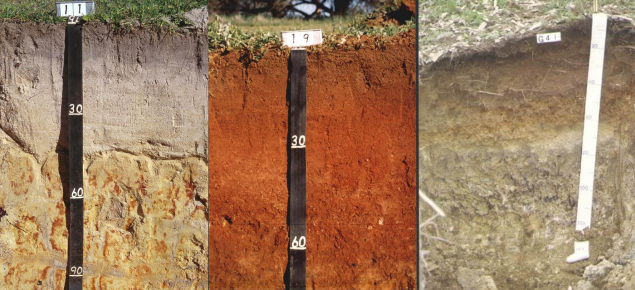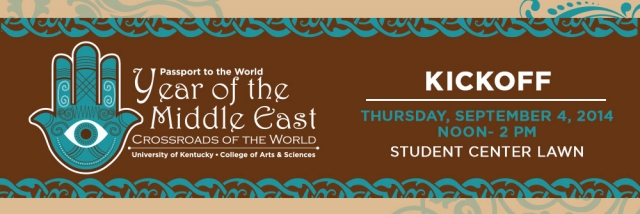TItle: "The Master's Hand" Can image analysis detect the hand of the Master?
Abstract: The talk will describe wavelets, a mathematical tool used for the analysis and compression of images (including for digital cinema).Then it will go on to discuss how they have been used recently for the study of paintings by e.g. Van Gogh, Goossen van der Weyden, Gauguin, and Giotto.
About the speaker: Professor Daubechies obtained her Ph.D. in theoretical physics in 1980, and worked at the Vrije Universiteit Brussel until 1987. At the Courant Institute of Mathematical Sciences in New York, she made her best-known discovery: based on quadrature mirror filter-technology, she constructed compactly supported continuous wavelets that would require only a finite amount of processing. This breakthrough enabled wavelet theory to enter the realm of digital signal processing.
In July 1987, Dr. Daubechies joined the AT&T Bell Laboratories' New Jersey facility at Murray Hill. From 1994 to 2010, Dr. Daubechies was a Professor of Mathematics at Princeton University where she directed the Program in Applied and Computational Mathematics. She was the first female full Professor of Mathematics at Princeton. Dr. Daubechies currently works as a James B. Duke Professor of Mathematics at Duke University.
Professor Daubechies received the Louis Empain Prize for Physics in 1984. In 1994, she received the American Mathematical Society (AMS) Steele Prize for Exposition for her book “Ten Lectures on Wavelets”, and gave a plenary lecture at the International Congress of Mathematicians in Zurich. In 1997, she was awarded the AMS Ruth Lyttle Satter prize. Professor Daubechies was elected to the United States National Academy of Sciences in 1998. In 2000, Professor Daubechies became the first woman to receive the National Academy of Sciences Award in Mathematics for excellence in published mathematical research. In 2006 she was the Emmy Noether Lecturer at the San Antonio Joint Mathematics Meetings. She won 2012 BBVA Foundation Frontiers of Knowledge Award in the Basic Sciences category (jointly with David Mumford) and the 2012 Nemmers Prize in Mathematics from Northwestern University. She was the first woman president of the International Mathematical Union (2011- 2014).
Additional information is available at www.math.uky.edu/van-winter
Photo credit of Ingrid Daubechies - David von Becker


